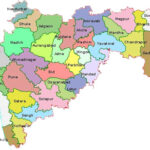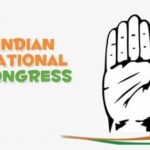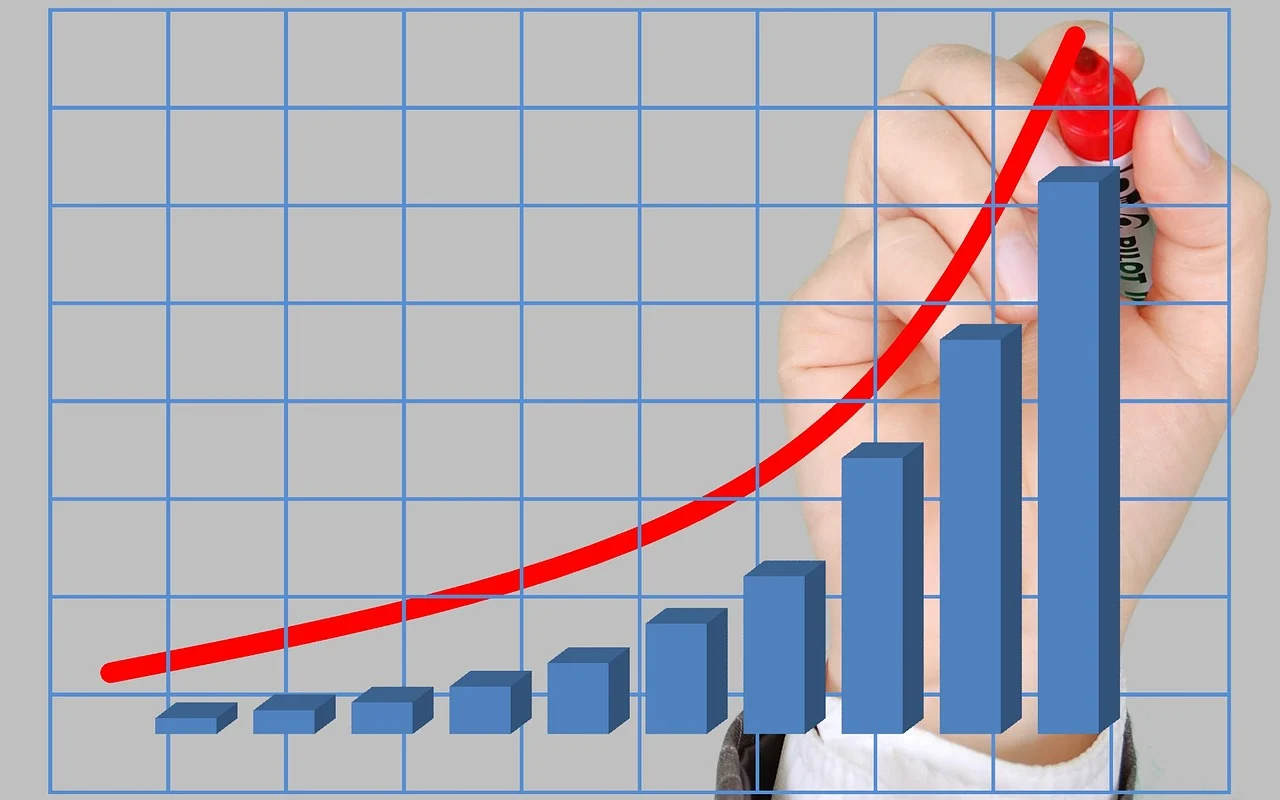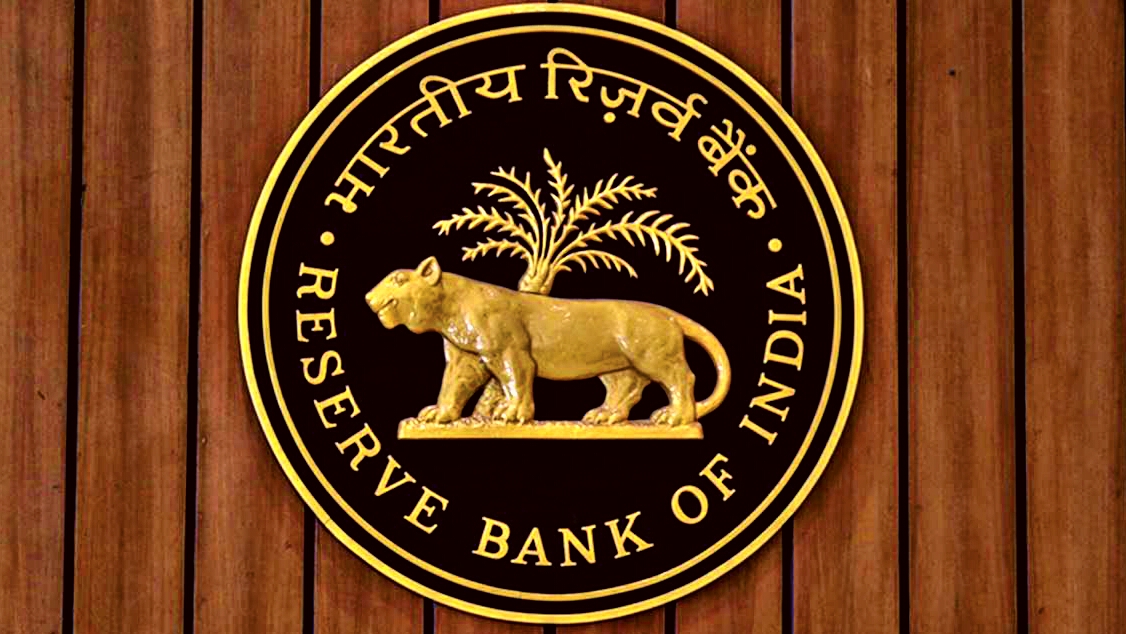Introduction: Understanding Inflation and its Significance
Definition of Inflation
Inflation is like that annoying friend who always seems to have an appetite for your money. In simple terms, it refers to the sustained increase in the general price level of goods and services in an economy over time. So, essentially, it means your hard-earned money buys you less stuff than it used to.
Importance of Studying Inflation
Studying inflation is crucial because it affects us all, whether we’re aware of it or not. It can influence the cost of living, impact our savings and investments, and even shape government policies. Understanding inflation helps us make better financial decisions and navigate the economic landscape with a little less confusion.
Current State of Inflation in India: An Overview
Inflation Rates in Recent Years
Inflation in India has been like a roller coaster ride, with its fair share of ups and downs. In recent years, the country has experienced a moderate level of inflation. The inflation rate has ranged from around 3% to 6% annually, but it’s worth noting that these numbers can vary depending on who you ask and what data they’re looking at.
Causes of Recent Inflation Trends
So, what’s causing all this inflation? Well, it’s a mix of factors, as always. Rising oil prices, increased government spending, and supply chain disruptions have played a role in driving up prices. The COVID-19 pandemic also deserves a special mention, as it has affected everything from manufacturing to global trade, leading to certain goods becoming scarcer and more expensive.
Factors Influencing Inflation in India
Supply and Demand Factors
Remember the good old economics lessons about supply and demand? Well, they still hold true when it comes to inflation. If the demand for goods and services exceeds the supply, you’re likely to see some price hikes. Similarly, if production bottlenecks or shortages occur, prices can go up. It’s all about the delicate dance between supply and demand.
Role of Monetary Policy
Monetary policy is like the conductor of an orchestra, trying to keep things in harmony. The Reserve Bank of India (RBI) plays a crucial role in controlling inflation through its monetary policy decisions. By adjusting interest rates, managing money supply, and regulating credit, the RBI tries to keep inflation in check and promote economic stability.
Government Policies and Regulations
The government also has a part to play in the inflation game. Its policies and regulations can affect the supply of goods and services, which in turn influences prices. For example, taxes and subsidies can impact the cost of certain products, while trade policies can affect the availability and cost of imports. The government’s actions can have both intended and unintended consequences on inflation.
Impact of Inflation on the Indian Economy
Effect on Purchasing Power
Inflation can be a real buzzkill when it comes to your purchasing power. As prices rise over time, the value of your money decreases. So, that fancy cup of coffee or that brand-new gadget you’ve been eyeing might become harder to afford. Inflation chips away at your wallet, making it important to keep an eye on prices and budget accordingly.
Inflation’s Impact on Investment and Savings
Investing and saving in an inflationary environment can be quite the challenge. The returns on your investments might not keep up with the rising prices, hurting your overall wealth. Similarly, the interest rates on your savings might not be enough to beat inflation, causing your money to lose value over time. It’s like playing a game of catch-up, but with your financial goals.
Inflation and the Labor Market
When inflation hits, the labor market can feel the heat too. Rising prices can lead to demands for higher wages, as people try to keep up with the cost of living. This can put pressure on businesses and the overall economy. Additionally, inflation can impact employment rates and affect job opportunities, creating a balancing act for policymakers and job seekers alike.
Inflation in India is a complex beast with various causes and consequences. By understanding its dynamics and its potential impact, we can navigate the financial landscape with a little more clarity. So, keep an eye on those prices and be prepared to adapt to the ever-changing inflationary dance.
Policy Measures to Tackle Inflation
Monetary Policy Tools
When it comes to curbing inflation, central banks are like the superheroes of the economy, armed with monetary policy tools to save the day. These tools include magical things like interest rates, reserve requirements, and open market operations. By adjusting these levers, central banks can either stimulate or restrict the flow of money in the economy, thus influencing inflation rates. It’s like they have a secret recipe for taming the inflation beast.
Fiscal Policy Interventions
Not to be outdone, the government also has a role to play in fighting inflation. Fiscal policy interventions involve manipulating taxes and government spending to influence economic activity. By wisely managing expenditures and tax policies, governments can either stimulate economic growth or cool down an overheating economy. It’s like a game of balancing act, where the government tries to keep inflation in check without stifling growth. It’s a tough job, but someone’s gotta do it!
Price Control Measures
When all else fails, price control measures come to the rescue. These measures involve setting price limits or imposing regulations to prevent excessive price increases. Think of it as a superhero cape draped over the shoulders of consumers to protect them from price gouging. Price controls may include fixing maximum prices for essential commodities or monitoring price hikes in certain sectors. However, they come with their own set of challenges, like potential supply shortages and unintended consequences. It’s a delicate dance between keeping prices affordable and maintaining market stability.
Future Outlook: Projected Trends and Potential Challenges
Economic Forecasts for Inflation
Crystal balls and fortune-telling aside, economists use sophisticated models to forecast inflation trends. These predictions provide insights into the future direction of prices, helping businesses and policymakers plan ahead. While no one can predict the future with absolute certainty (if only we could!), these forecasts provide valuable guidance for navigating the inflation landscape. Just remember, take them with a grain of salt, and don’t put all your eggs in one economic forecast basket.
Potential Challenges in Managing Inflation
Managing inflation can be a bit like herding cats. There are numerous factors at play, both domestically and globally, that can throw a wrench in even the best-laid plans. Rising commodity prices, changes in government policies, or unexpected shocks can all impact inflation rates. It’s like trying to control a runaway train while blindfolded. Policymakers need to stay on their toes and be ready to adapt in the face of these challenges. It’s a constant battle, but hey, at least it keeps things interesting!
Implications for Businesses and Consumers
Impact of Inflation on Business Operations
Inflation can be a tricky beast for businesses to navigate. Rising prices can increase production costs, squeeze profit margins, and disrupt supply chains. It’s like trying to paddle upstream against a current of increasing costs. To stay afloat, businesses may need to adjust their pricing strategies, find cost-saving measures, or pass on some of the burden to consumers. It’s a delicate balance between maintaining profitability and keeping customers happy. A challenge that many businesses face but with a little creativity, they can find ways to ride out the inflation storm.
Inflation’s Effect on Consumer Behavior
When prices start to climb, consumers often feel the pinch in their wallets. Higher prices can lead to reduced purchasing power and changes in spending habits. It’s like trying to fit a square peg into a round hole – adjusting budgets and making tough choices. Consumers may cut back on non-essential purchases, look for cheaper alternatives, or become more conscious of value for money. It’s a dance of weighing desires against financial realities. So, the next time someone says, “Inflation is just a bunch of numbers,” remind them that it can have tangible effects on everyday life.
Conclusion: Addressing Inflation for Sustainable Economic Growth
Inflation is like the sneaky guest at a party – if left unchecked, it can ruin the fun. That’s why policymakers, businesses, and consumers need to work together to keep inflation in check for sustainable economic growth. By implementing effective monetary and fiscal policies, as well as thoughtful price control measures, we can tame the inflation beast and create a more stable and prosperous future. So, let’s roll up our sleeves and show inflation who’s boss, one witty article at a time!
Conclusion: Addressing Inflation for Sustainable Economic Growth
Inflation remains a critical concern for India’s economy, impacting businesses, consumers, and overall economic stability. As we have explored in this article, understanding the causes and consequences of inflation is crucial for formulating effective policies and strategies. By employing appropriate monetary and fiscal measures, along with price control mechanisms, the government can strive to maintain stable inflation rates. Businesses and consumers must also adapt to the changing economic environment, considering inflation when making investment and spending decisions. By addressing inflation proactively, India can pave the way for sustainable economic growth and enhance the well-being of its citizens.
FAQ
Why is inflation important for the Indian economy?
Inflation plays a significant role in the Indian economy as it affects various aspects, including purchasing power, investment decisions, and the labor market. Understanding inflation is crucial for policymakers, businesses, and consumers to make informed choices and ensure sustainable economic growth.
What factors contribute to inflation in India?
Inflation in India is influenced by a combination of factors, including supply and demand dynamics, monetary policy decisions, and government policies and regulations. These factors collectively impact the overall price levels of goods and services in the country.
How does inflation affect businesses and consumers?
Inflation can have both positive and negative effects on businesses and consumers. It can erode the purchasing power of consumers, affecting their spending patterns and overall economic well-being. For businesses, inflation can impact production costs, profitability, and investment decisions. Understanding these implications is crucial for effective financial planning and decision-making.
What measures are taken to tackle inflation in India?
To manage inflation, the Reserve Bank of India (RBI) employs various monetary policy tools such as interest rate adjustments and reserve requirements. Additionally, fiscal policy interventions and price control measures are implemented by the government. These measures aim to maintain stable inflation rates and mitigate the adverse effects of inflation on the economy.










